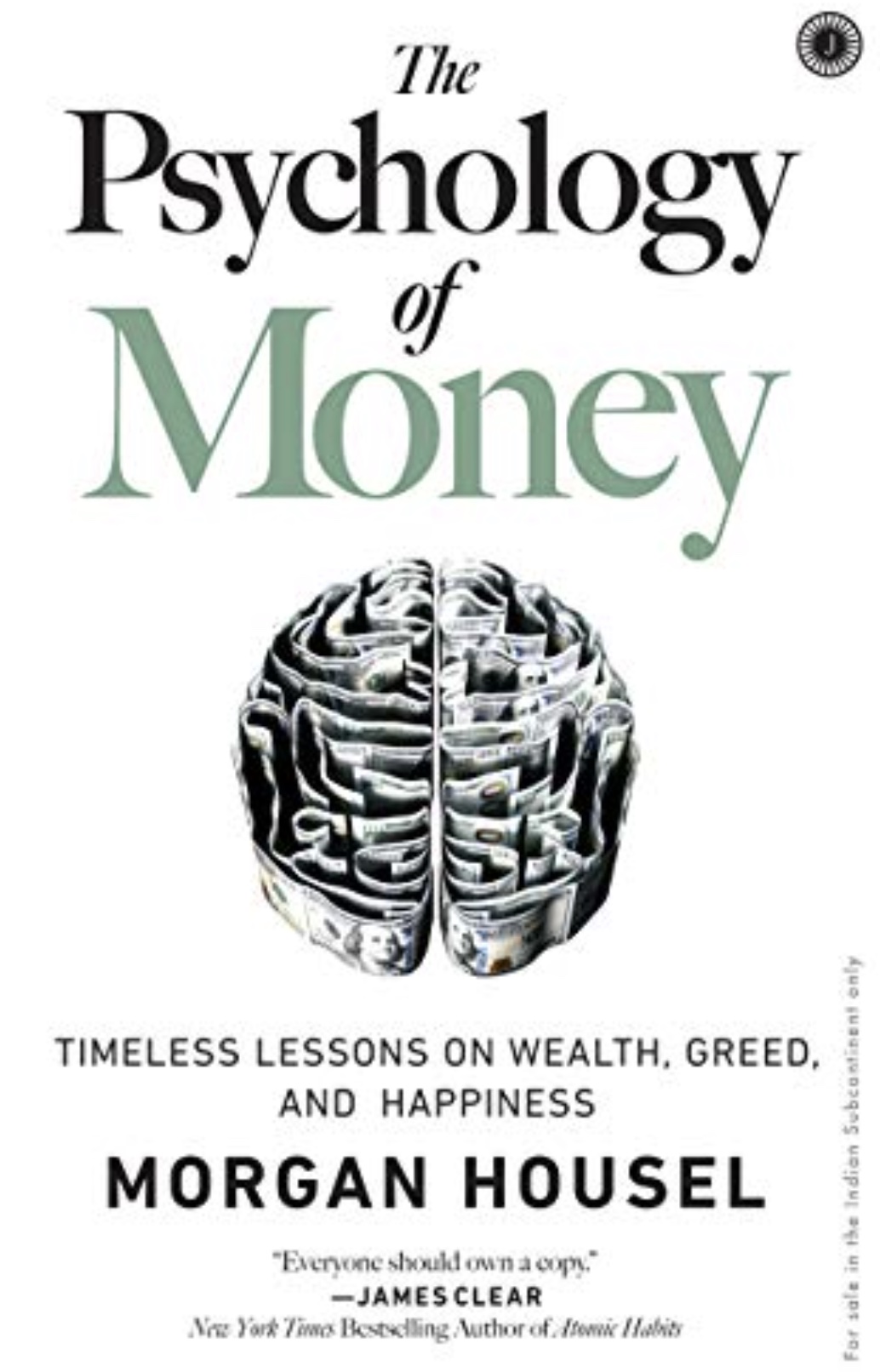The Gist

-
Be patient with money and stay in the game for the long term to appreciate compounding investment effects.
-
Acknowledge that everyone is playing a different game and social comparison is like comparing apples to oranges. Define your own game and excel at it.
-
Save. Just save. Even if you have nothing to save for, saving helps increase our financial margin of error.
Impressions
How I Discovered It
I watched Ali Abdaal’s video on his favorite 2021 books and decided to give it a read.
Who Should Read It?
Those early in their personal finance life who need guidance on how to handle money. I think this book is especially pertinent to those without much of an investing or personal finance history.
How the Book Changed Me
- I learned that it’s essential to save a higher proportion of my income.
- It’s critical to be patient. Compounding investment effects often don’t occur overnight. Rather, they occur over years, with slow 1% margins that compound to something much bigger over time.
- Each person is playing their own game, simply because they have different backgrounds, values, priorities, and perspectives. It’s important to acknowledge this. This helped me to avoid the social comparison trap, and (as the Prophet (saw)) said, focus more on myself.
My Top 3 Quotes
Optimism is a belief that the odds of a good outcome are in your favor over time, even when there will be setbacks along the way.
If there’s a part of our household financial plan I’m proud of it’s that we got the goalpost of lifestyle desires to stop moving at a young age.
Go out of your way to find humility when things are going right and forgiveness/compassion when they go wrong.
Reflections
Overall, this book is a short, 20-pronged thesis on how and why we make financial decisions. By far, the book indeed helped me to understand humility when it comes to my spending habits. Housel mentions that the fancy cars, clothes, and other material assets people purchase to flaunt their wealth don’t change others’ opinions about them or their character. Instead, those around them think more about how they can increase their wealth.
Housel also clearly defines what “wealth” is. Remember this as a general rule: Wealth is what people don’t see. It’s not about buying the fanciest car or designer handbag. Wealth is the difference between our income and our ego. The best situation is to have a high income but a low ego. I.e., don’t spend to show off. Later in the book, Housel mentions that “Wealth is financial assets that haven’t yet been converted into the stuff you see.” I think it’s critical to save our money as a safety net. If things go awry (and Housel discusses many unexpected calamities that have happened), having additional assets does help us weather these storms and makes us more resilient in the long term.
“Tails drive everything” is a frequent saying in the book. Tails are those low-probability events at the edges of standard bell curves. They are unlikely to happen, but they change entire industries and move markets when they do happen. An example of a tail event is the assassination of MLK, the birth of Hitler, or the 2008 stock market crash. These unlikely events are extremes that drive the majority of history’s outcomes.
In business, it’s important to acknowledge that these tail events exist in all endeavors: it’s our job to sow our seeds in a certain way to maximize our outcomes for positive tail events and minimize damage when negative tail events occur.